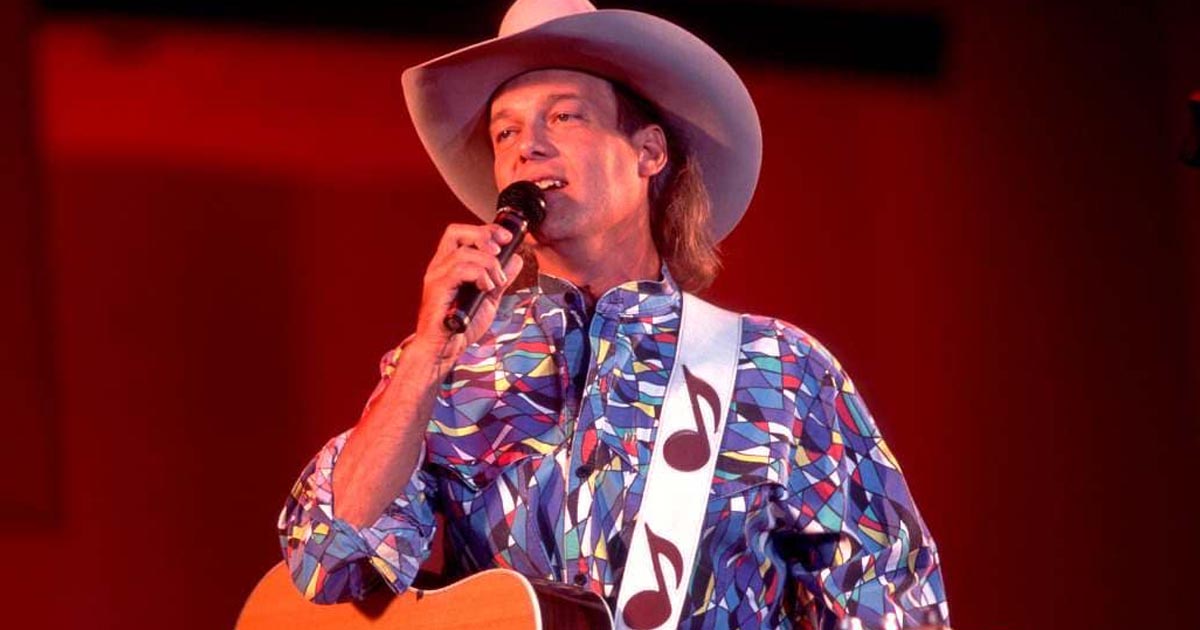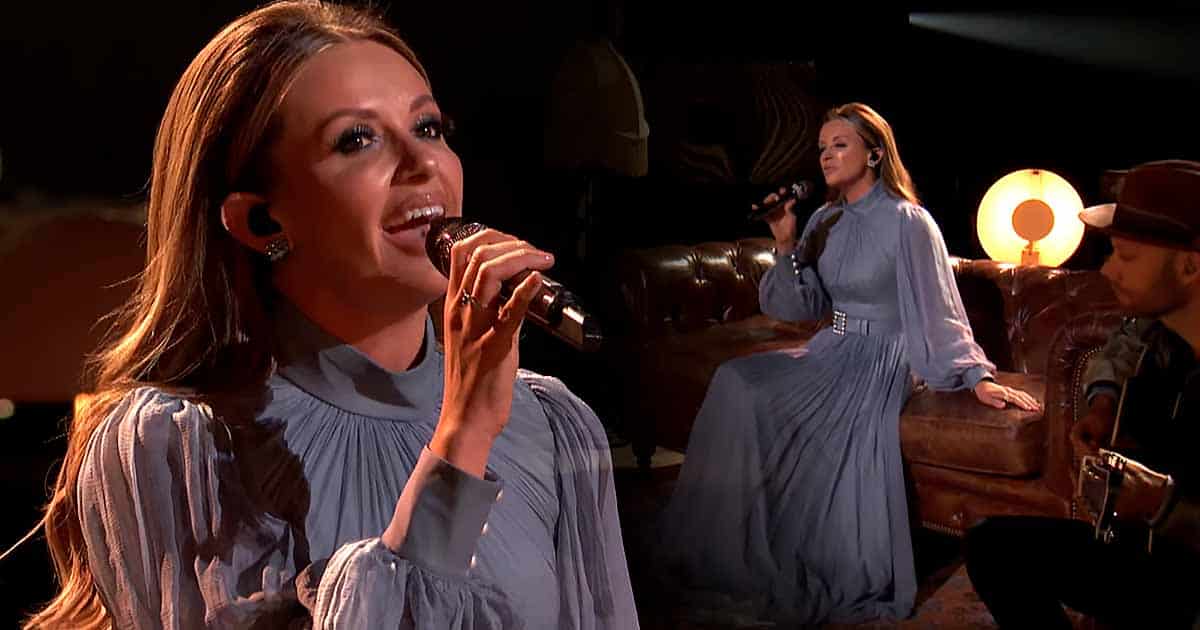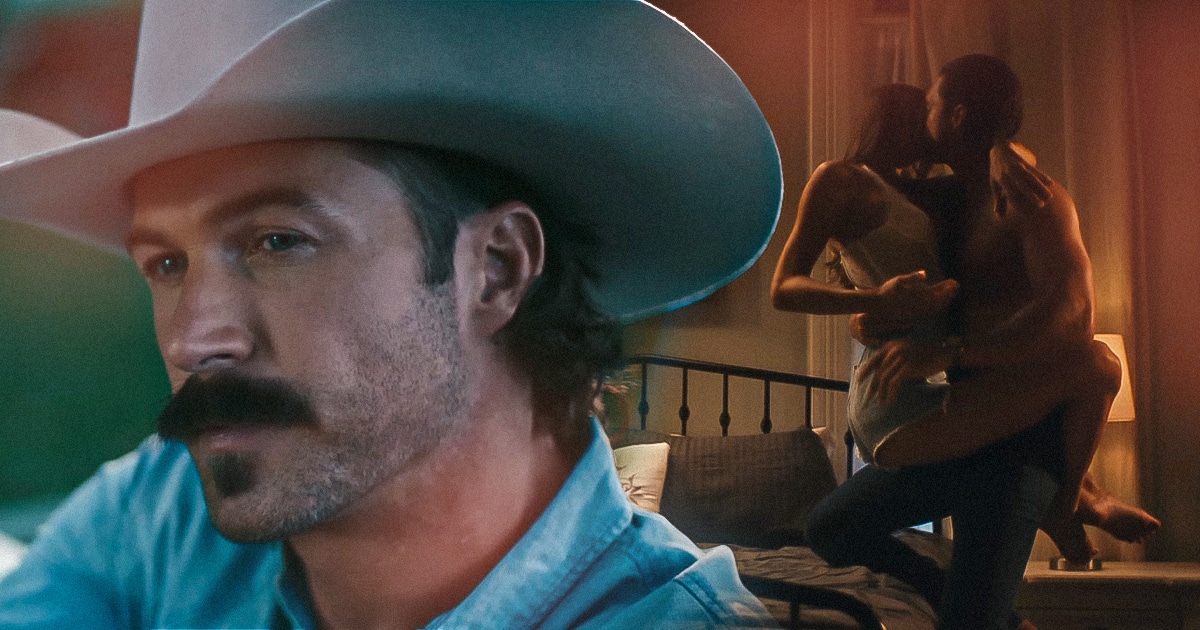Who do you talk to when no one is around to comfort you? The walls, ceiling, and windows in your house could keep you warm for a while, but until when? If you have kept yourself company after a breakup, Willie Nelson’s “Hello Walls” is the right song for you.
Nelson wrote and recorded his version of “Hello Walls” and released it on September 9, 1962. Originally, he offered the song to Faron Young, a struggling artist during the 60s. Young’s version climbed to No. 1 in a nine-week run on the Billboard Charts in 1961, which paved the way for Nelson’s career as a renowned country singer-songwriter. With a $20,000 paycheck in his pocket, he got introduced to the national audience and never stopped recording since then.
Under the Sunset Records, “Hello Walls” was produced by Joe Allison and was featured as the first title track to Nelson’s 1966 album of the same name. Until today, it remained a beloved classic in country music.
Meaning Behind the Song
“Hello Walls” by Willie Nelson personifies house windows and walls as loyal company after a lover leaves him alone. As each day passes, he casually talks to them as though they are his friends who would respond to his questions.
First, he asks if the walls miss his departed lover as much as he does, then to the window, asking if they feel lonely too. Noticing a teardrop on the window, he says, “Now, don’t you try to tell me that it’s rain,” denying his own emotions.
He further paints a picture of isolation and abandonment through the verse, “She went away and left us all alone, the way she planned.” The singer continues with, “Guess, we’ll have to learn to get along; without her if we can.” The repetition of “Hello” in the song amplifies the lovelorn theme that the singer’s pain is overpowering, coping with what his lover left behind in the place they used to fill in together.
The song is an emotional cry of a man’s forlorn tale in love in the hopes that talking to inanimate objects could save him from a devastating breakup.
Relieve yourself from a broken heart and listen to Willie Nelson’s “Hello Walls.”


















